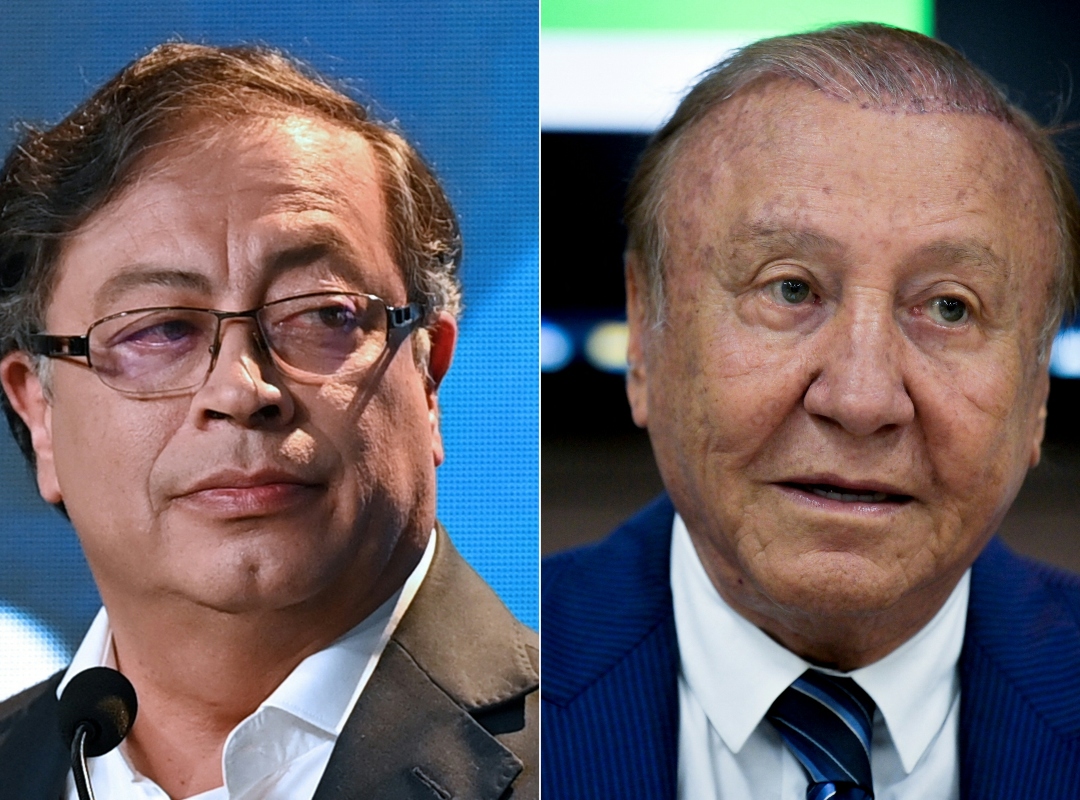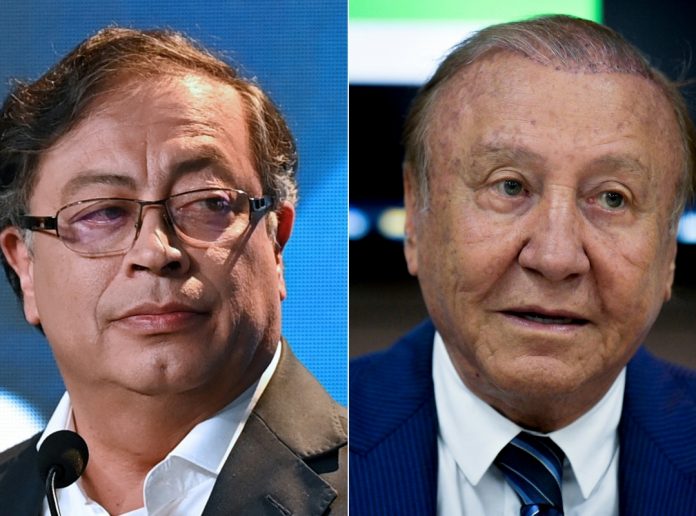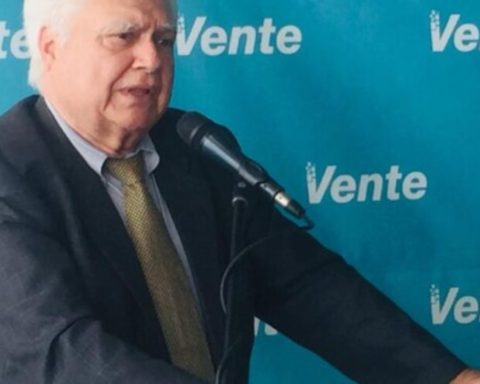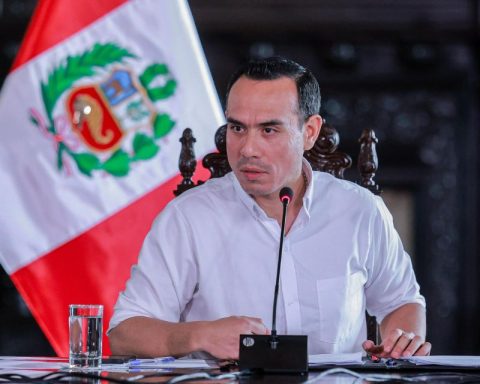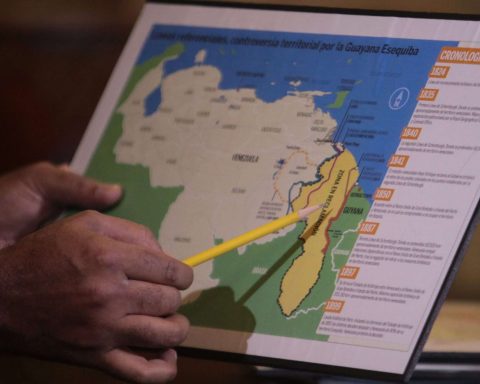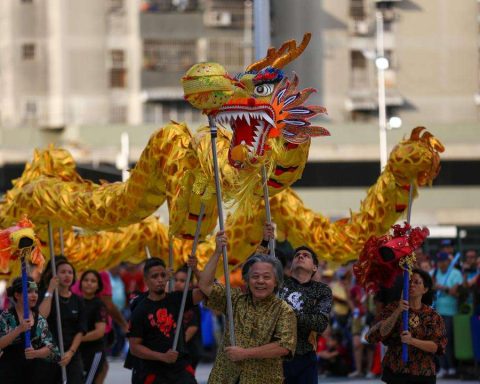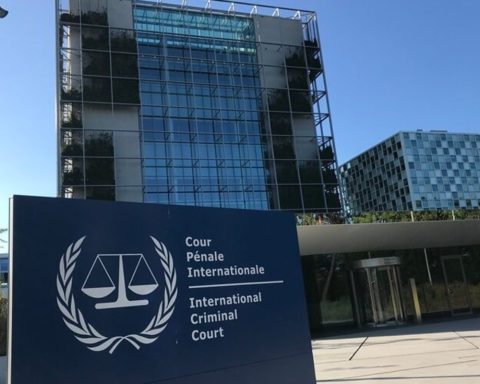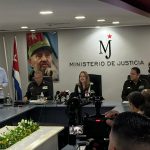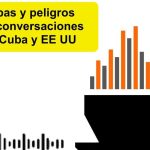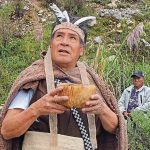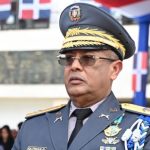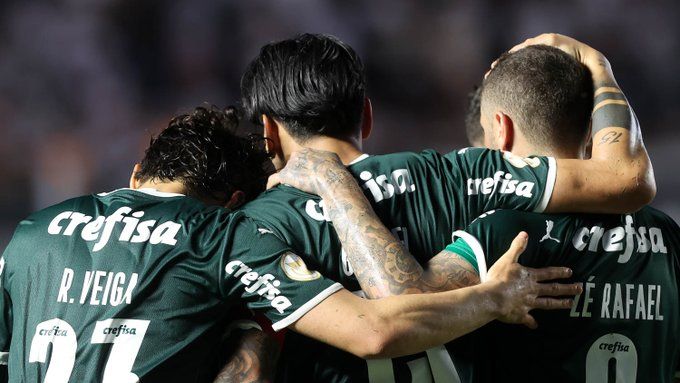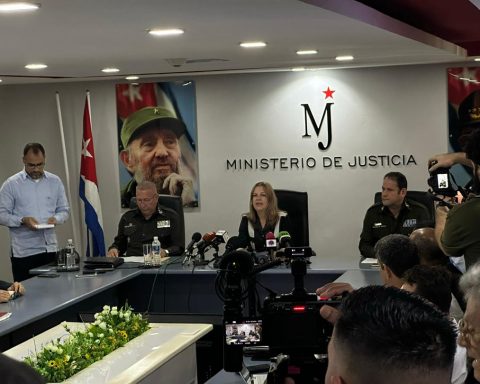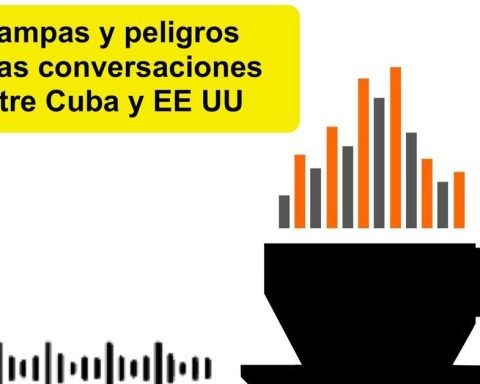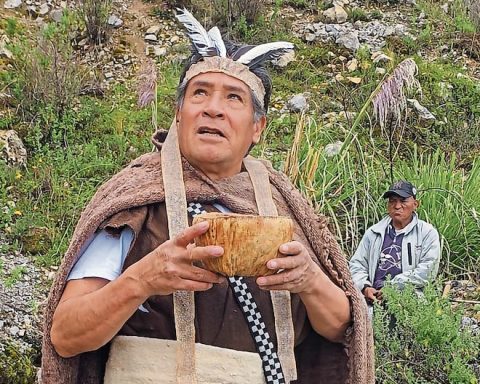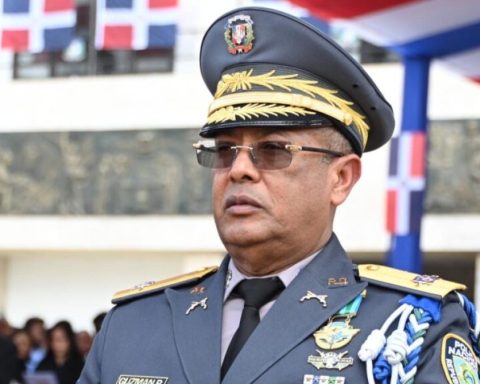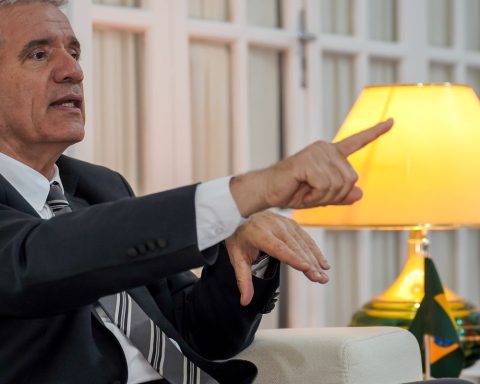Senator and former guerrilla Gustavo Petro, winner in the first round this Sunday, will play in a runoff for the presidency of Colombia with Rodolfo Hernández, a millionaire outsider who surprisingly took the right wing out of the race for power.
Petro won the election with 40.3% of the vote, 12 percentage points more than Hernández (28.2%). With whom he will dispute a second round on June 19, according to the Registrar’s Office at the end of the count prior to the scrutiny.
With these results, the Colombians dealt an unprecedented punishment to the traditional parties and especially to the right, which for the first time was relegated from the dispute for the presidency.
Hernández defeated Federico Gutiérrez (23.8%), the candidate of a coalition of forces related to the ruling party. Also Sergio Fajardo (4.2%), the central candidate.
Petro, 62 years old, and Hernández, 77, will face each other in elections to choose the successor of Iván Duque, very unpopular for the economic management of the pandemic and who faced massive protests in 2019 and 2021 led by young people who were severely repressed by the public force.
Gustavo Petro and Rodolfo Hernández in the second round
As the polls predicted, the left achieved its best electoral result in a country historically governed by elites, with the largest cocaine production in the world and rural violence on the rise. This despite the 2016 peace agreement that disarmed the FARC guerrillas.
Until a week ago, the polls showed Gutiérrez as Petro’s likely rival in the second round. But Hernández, who does not belong to a political party and is difficult to place on the ideological spectrum, became the surprise.
“Today we know that there is a firm citizenry to end corruption as a system of government,” said the outsider of this campaign. He awaited the results in a bathing suit and drinking beer on the patio of his mansion, according to a video shared to the media by his campaign.
Uncertain alternative between Petro and Hernández
Petro, who laid down his arms in 1990 after the demobilization of the M-19, the nationalist rebel group in which he was a member for 12 years, came to this election championing change and rupture.
“We are representing the will for change. I am confident that this desire for change will be majority, “said the candidate after voting in a popular neighborhood of Bogotá.
According to analyst Daniel García-Peña, “in these last four years inequality and levels of poverty, nonconformity and discontent have deepened, and the one who has known how to read and interpret and connect with the electorate is Petro.”
Such was the feeling among many voters. “The people who have run the country have it in pieces, so we have to change,” she told the AFP Luis Hernán Álvarez, a security guard who voted for Petro in Bogotá.
Thus, Colombians will choose their next president between the radical change proposed by Petro and the uncertain alternative of Hernández, who encompasses his entire program in the frontal fight against corruption.
“Today they lost the sheaves that believed they would be the government forever,” congratulated Hernández, a builder and former mayor of Bucaramanga. This is a city in the northeast of the country with almost 600,000 inhabitants.
Hernández will seek to govern this country of some 50 million inhabitants with just two congressmen in a body of 296 legislators. And waiting for the forces opposed to Petro to unite around his candidacy.
Transparency in question
The Historical Pact, the coalition led by Petro and Francia Márquez, the environmentalist who wants to be the first Afro vice-presidency, obtained the best result for the left in the legislative elections in March. Although without ensuring majorities.
The Registrar’s Office was questioned by the inconsistencies in the preliminary count of those elections, which subtracted votes from Petro’s movement and other political groups. The gap of one million votes between the preliminary count and the count cast doubt on the transparency of the process.
In the absence of an external audit of the software used for the sum of the votes, the Petro campaign announced its own oversight. He also expressed concern about vote buying.
During the tense and polarized campaign, Petro also denounced threats. His protection was reinforced, forcing him to armor himself with a bulletproof vest and shields around him to climb onto the platforms. This before the fear of an assassination like those of the 20th century, when five presidential candidates were assassinated.
Fear for Petro
Businessmen, ranchers and conservative sectors fear that Petro will lead the country into the abyss with its ambitious plan to suspend oil exploration. Which accounts for a third of exports (13,500 million dollars in 2021).
The senator also proposes to reform the public-private pension system and the police, implicated in human rights violations during the repression of the protests.
Whoever wins will have to deal with a country still convalescing from the ravages of the pandemic.
Poverty reaches 39% of the population, urban unemployment 17.2% and informality 43.5%. Corruption and the economic situation are the main concerns of Colombians, according to the firm Invamer.
